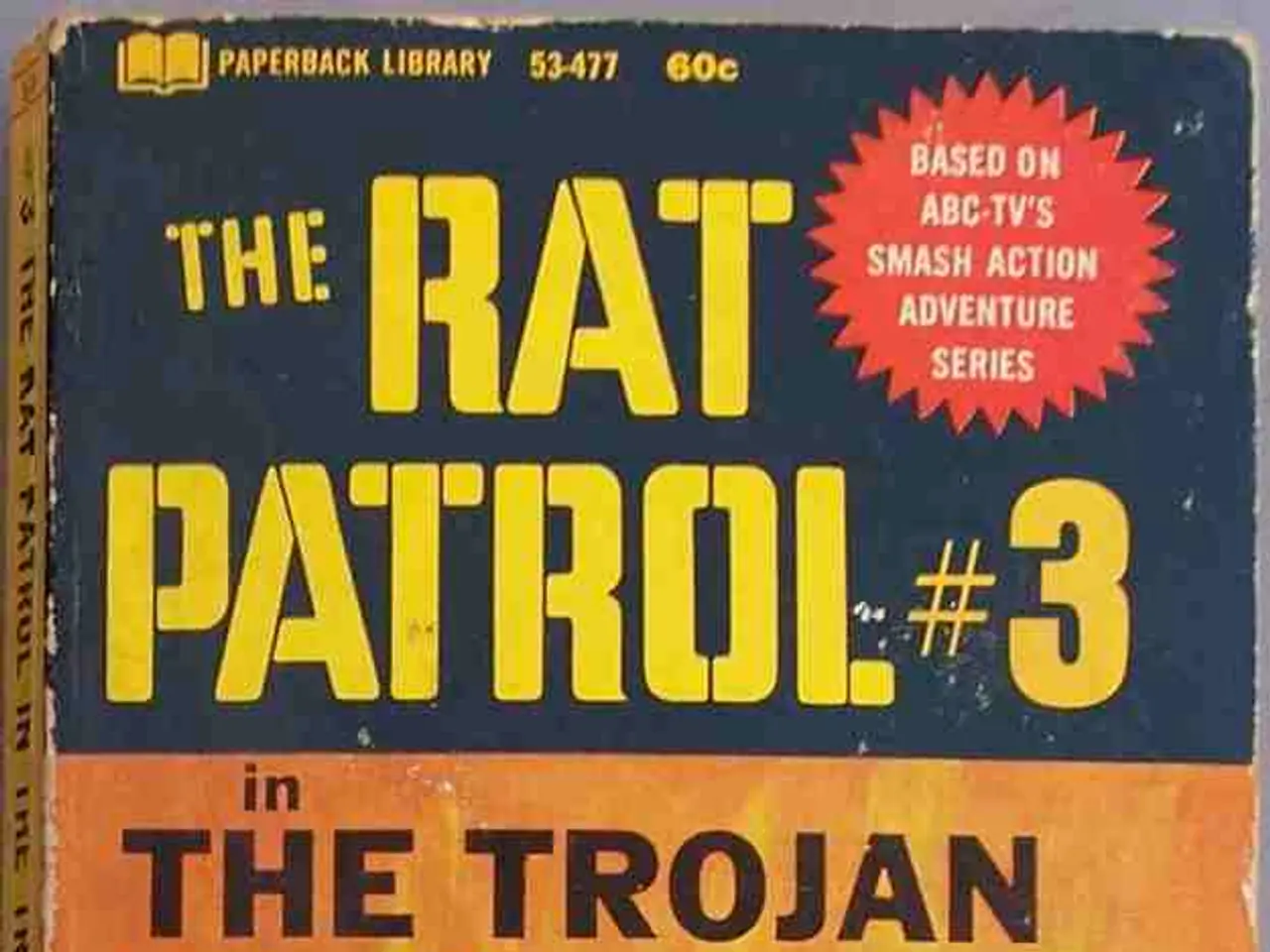U.S. naval forces launch initial attack on Venezuelan ship in the Caribbean region
The United States has taken a significant step in the ongoing tensions with Venezuela, as a US warship transited the Panama Canal and conducted a lethal strike against a drug-carrying vessel in the southern Caribbean.
The USS Lake Erie, a guided-missile cruiser, recently completed its passage through the Panama Canal, marking a notable movement amidst the escalating geopolitical situation.
President Donald Trump confirmed the strike during an Oval Office news conference, although the exact details of the mission's objectives remain uncertain according to administration officials. Secretary of State Marco Rubio also confirmed the operation on social media.
The naval force, comprising three guided-missile destroyers, at least one attack submarine, and 2,200 marines, was deployed to Venezuelan waters. The vessel targeted in the strike was operated by a designated narco-terrorist organization, according to the US administration.
Venezuela's President Nicolás Maduro has responded to the US actions, declaring that any regime change or military terrorist attack against Venezuela is immoral, criminal, and illegal. He has also planned to patrol his country's territorial waters with drones and naval vessels.
In a further escalation, Maduro has claimed to have mobilized more than four million militia members. This comes after Caracas announced the deployment of 15,000 security forces to the Colombian border.
The US administration has doubled the bounty for Maduro's capture to $50 million, referring to him as the "fugitive head of a drug cartel" instead of recognizing him as the legitimate president. However, Colombian President Gustavo Petro has defended Maduro, stating that "The Cartel of the Suns does not exist."
The Cartel of the Suns, a term often used by the US and some Latin American leaders to accuse Maduro of drug trafficking, has been denounced by Petro as a fictitious excuse used by the extreme right to overthrow governments that do not obey them.
One Trump administration official stated that if Maduro no longer remains in power, no one will be crying. Press Secretary Karoline Leavitt echoed this sentiment, stating that the US considers Venezuelan President Nicolas Maduro as the "fugitive head of a drug cartel."
As the situation continues to unfold, it is clear that the tensions between the US and Venezuela are far from over. The international community will be closely watching developments in the region, hoping for a peaceful resolution to the ongoing crisis.
Read also:
- ICE directed to enhance detention conditions following NYC immigrants' allegations of maltreatment
- Israeli finance minister issues warnings about potential annexation of West Bank territories
- United States faces rebuttal from South Africa over allegedly deceitful human rights report and assertions of land expropriation
- Accident at Rodalben Results in Injuries; Geoskop Area near Kusel Affected After Stormy Weather








